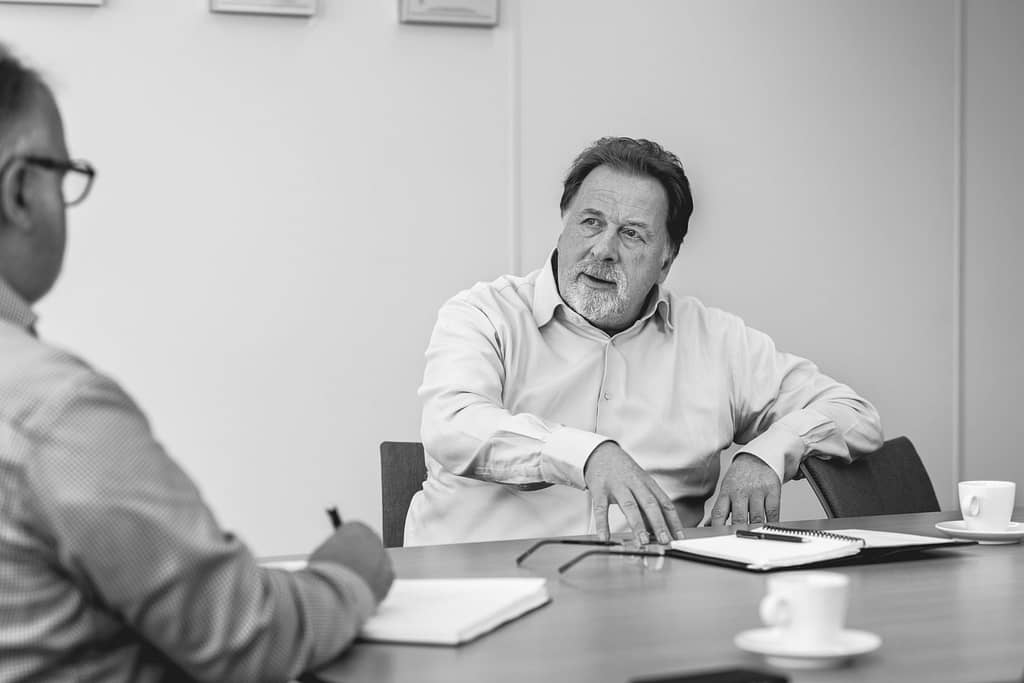
Article
Results can already be achieved with small data sets
Analysing patient data is more difficult than you might think. To answer one question, you need a combination of registrations.
"I've burned my fingers a hundred thousand times," says Ron Herings. "You don't get anything from half predictions. Prediction algorithms in healthcare also have a lot to do with ethics. They are of a completely different order than commercial algorithms that make sure you see references to a garden fence afterwards, after you have looked at lawnmowers."
The interviewer met Dr Ron Herings at a meeting of the Personalised Healthcare Alliance. He stood out as a positive thinker and doer. He speaks in simple and appealing language about algorithms and at the same time advocates great care with data.
"Under the bonnet, every patient is different".
Ron Herings is one of the people - you can count them on the fingers of one hand - who is a 'doer' when it comes to collecting, analysing and disseminating patient data. Ron Herings is the founder of the PHARMO Data Network, the PHARMO Institute and the Foundation for Information Provision in Care and Research (STIZON). He is a multi-talent: trained as a pharmacist (Msc, PharmD) and epidemiologist (B) and holds a PhD in pharmacoepidemiology. He specialised in Bayesian medical record linkage techniques used to design registries and observational databases to be used for drug safety and outcome (effectiveness) research.
Data science and artificial intelligence can reduce inefficiencies in healthcare.
A lot is technologically possible. "But in order to make data available, you have to set up a lot of things: legal, compliance, protocols. You always come up against the question: why should I give my data? It often took me five to eight years of talking and negotiating to obtain data that was suitable for my research," says the man who has continuous patient data from pharmacies, GPs and hospitals. "It's not my data," he swears, "it's the patient and healthcare providers who are in charge of the data. My ideal is that the results of the analyses go back into patient care. I am also increasingly seeing that this is a requirement before any data is made available at all."

"Some medicines work on 1 in 20 patients. If we make that number smaller - to 1 in 10 - you make care more efficient. That is my hobbyhorse. Sometimes results can be achieved with small data sets. Even then, we need people and organisations willing to share data. Ron Herings is a thinker who develops innovative methods to measure the effectiveness of medicines in everyday practice.
Every patient is different 'under the bonnet', has a different gene composition.
If we know more about it, care can be more effective and efficient. Think of doctors who can prescribe a drug for cancer or MS that costs € 15,000, or € 60,000 or € 150,000. Often, such a doctor prescribes the most expensive medicine only at the end of the line. If you know that this medicine works best, you also save a lot of money. The fragmentation of data, the silos in healthcare, these are issues that are hardly heard of by the general public. "It is very good that there is a public voice that draws attention to this," says Ron Herings, "which is why I think the alliance initiative is worthwhile.
- Ron van Berkel
- Article, Dates
- November 22, 2021
- No Comments

